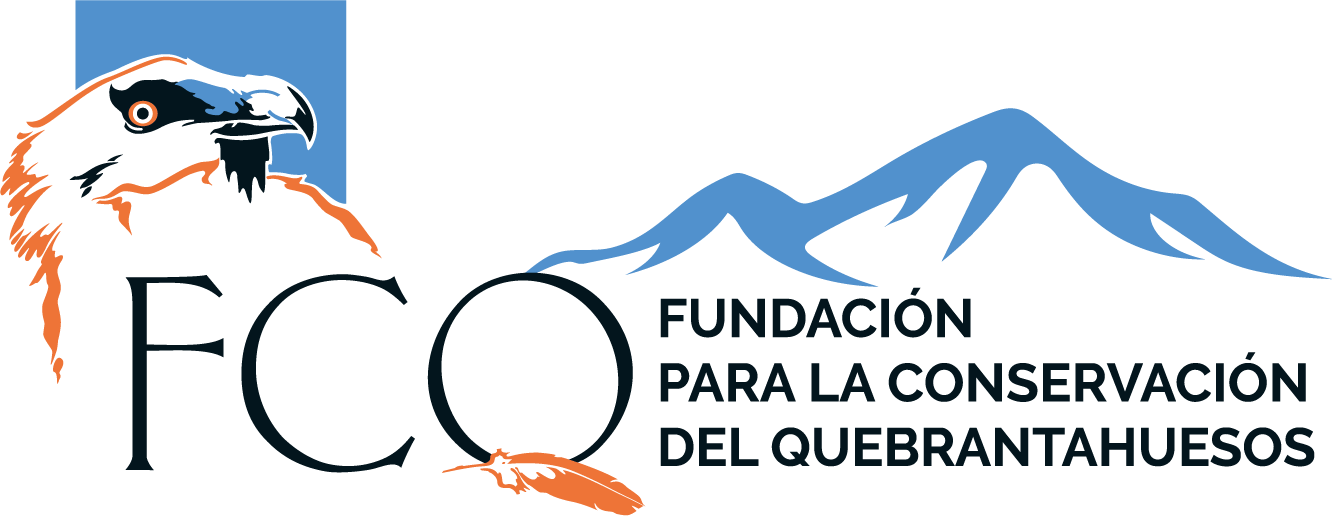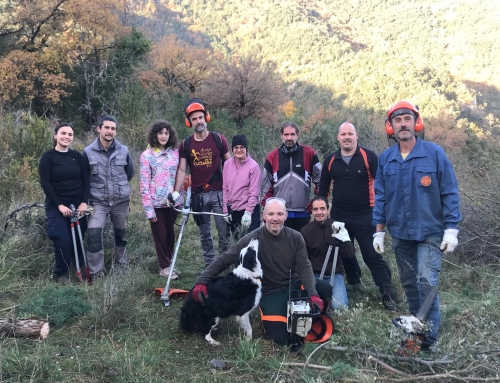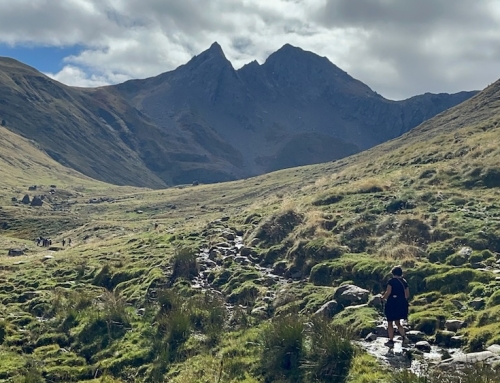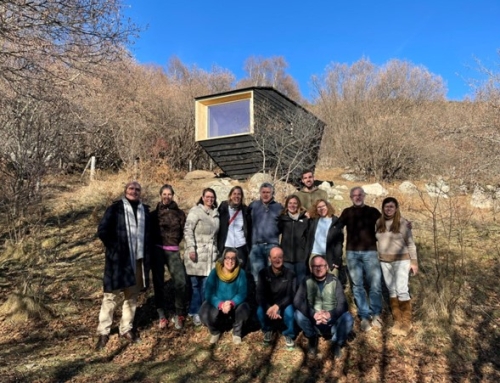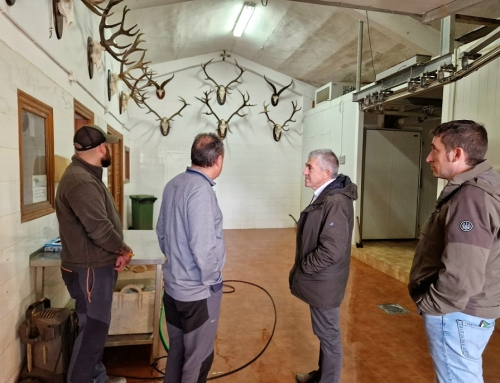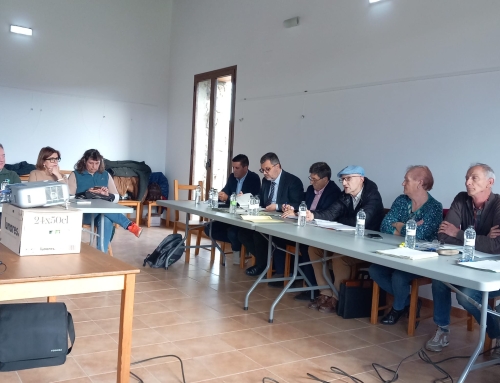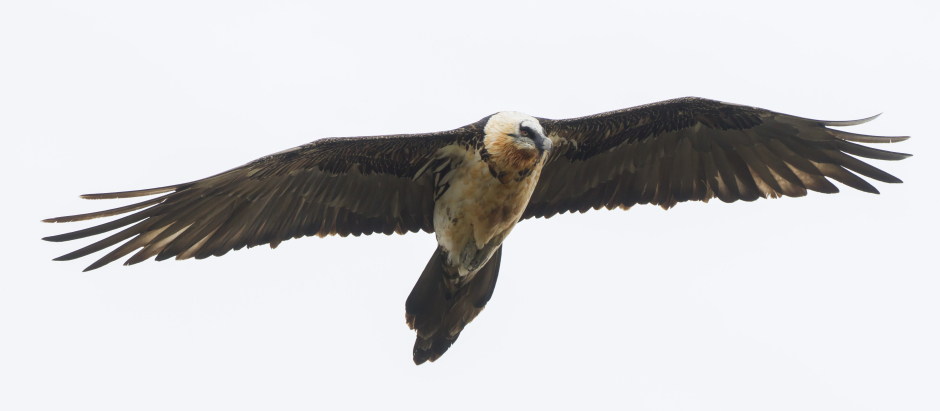
The bearded vulture returns to take to the skies of Castellón one hundred years later.
The Consejería de Medioambiente has confirmed that this endangered vulture species has settled in the Tenencia de Benifasar Natural Park.
For the first time in more than a century, a pair of bearded vultures returns to fly over the landscapes of the Benifasar Natural Park in Castellón. Technicians of the Department of Environment, Water, Infrastructure and Territory of the Generalitat Valenciana have found that a pair of these endangered birds return to this area in the breeding period from October to June after spending the rest of the year in La Rioja and the Pyrenees respectively. The general director of Natural and Animal Environment, Raul Merida, stressed that the return of both specimens is part of the Bearded Vulture Reintroduction Project in the natural park. According to Mérida, “the return of these two males within the reintroduction project of this wild species in Castellón, in probably more than a century, is excellent news that shows the quality of the area chosen for the release and the effectiveness of the actions carried out and methodologies selected”. In October 2023, after only six years of releases in the Tenencia de Benifasar, the first signs of the presence of bearded vultures were documented, which has finally been confirmed this winter. Although this seasonal movement is not common in the species, the fact that they return to the release area during the central months of the breeding season (October-June) indicates that they have established their potential territories here.
They return to their place of origin According to Mérida, “it is significant that, compared to other similar projects, in the Tenencia de Benifasar the first pair has been formed in less time, despite the fact that in the area fewer individuals have been released on average”. In addition, the general director explained that “the first bearded vultures were released six years ago through the technique of field breeding or hacking, a method that has proven to be effective for the survival and fixation to the territory of these philopatric birds, that is, they have a tendency to return to the area they recognize as their place of origin, either because they were born there or because they were released there”.
Thus, “from the moment they begin to fly, they visit different areas (in this case, the Pyrenees, the Iberian System and the Cantabrian mountain range) and it will be from the fourth or fifth year of life when they begin to choose the territory in which they will settle definitively”, he added about this type of vulture. Mérida also explained that the presence of the two males offers good prospects for the project since both individuals are still young (four and five years old respectively), since the first reproduction of this species is, on average, between eight or nine years old.
Source:
